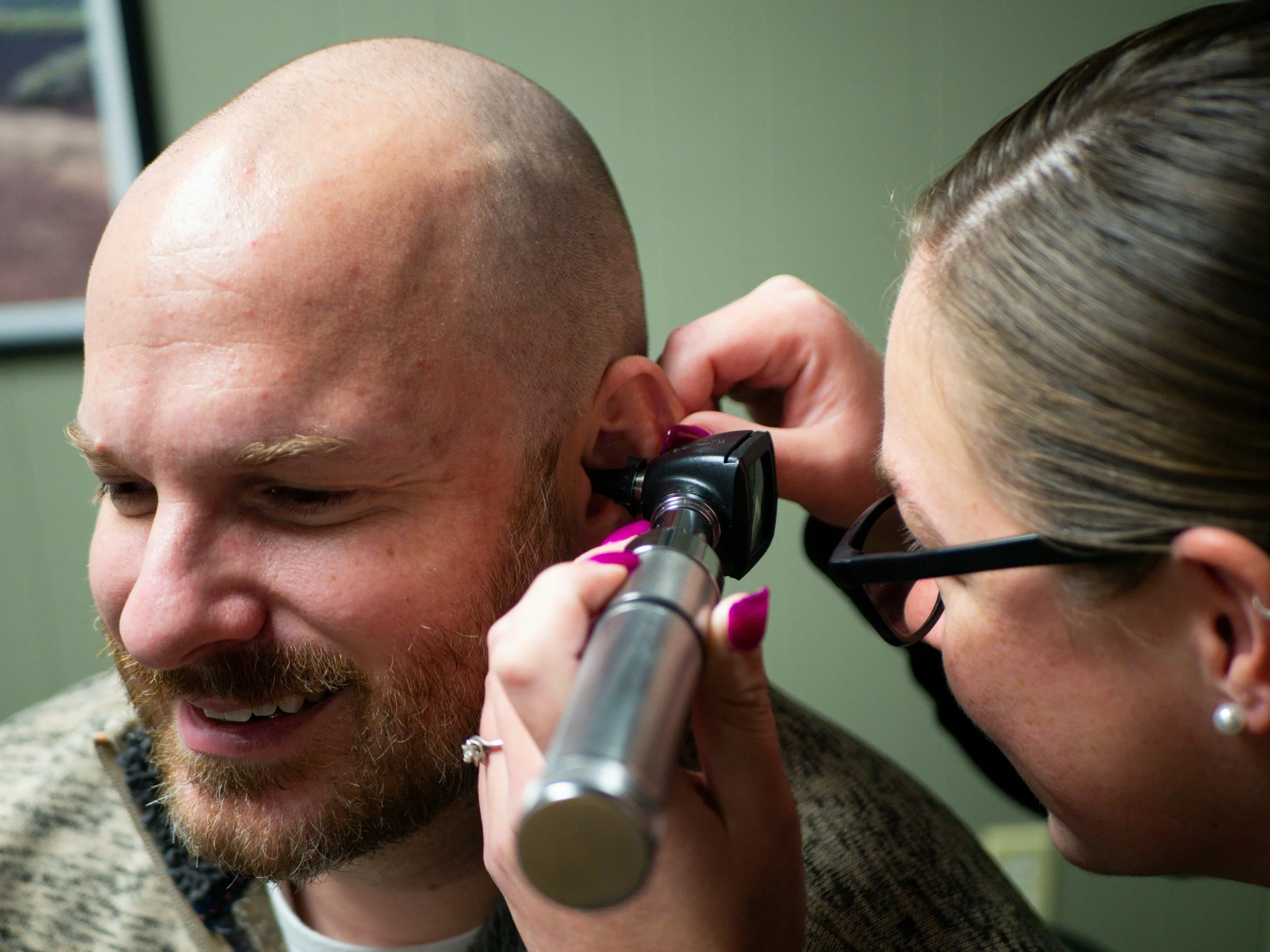
Understanding Third-Party Hearing Aid Payers
When it comes to hearing aid coverage, it’s important to understand the role of third-party hearing aid payers such as UnitedHealthcare Hearing, TruHearing, Nations Hearing, or Hearing Care Solutions. These companies are often marketed as benefits through your insurance plan, but they aim to reduce costs for the insurance company – not necessarily to benefit you and what you need.
How Third-Party Hearing Aid Payers Work
Restricted networks like these often require you to use specific providers within a limited network, and you may not be able to see your preferred audiologist or hearing aid provider. You’ll also have access to a narrow selection of hearing aids, typically lower-end models or older technology that may not fully meet your specific hearing needs.
While the initial prices may seem lower, additional services like follow-up appointments, repairs, and adjustments may incur extra costs, which add up over time, especially if you have to travel to and from the in-network provider.
The Impact on Your Care
Being limited to a network of providers can restrict your access to quality care, so you might have to travel farther or settle for less experienced providers.
Limited options mean that you might not get the best device for your specific needs, not meeting expectations and impacting your hearing health experience, meaning your quality of life and hearing experience may not be as good as expected.
These sorts of models are designed to minimize costs for the insurance company – for you, your patient care and satisfaction might be one of the expenses they skip over.
It’s important to consider these potential drawbacks when choosing a third-party hearing aid payer. Understanding these factors can help you make a more informed decision about your hearing care. If you have any questions or need further assistance, please don’t hesitate to reach out.




